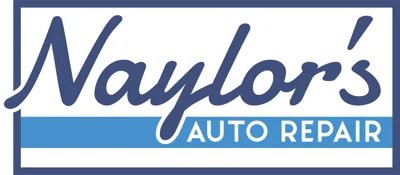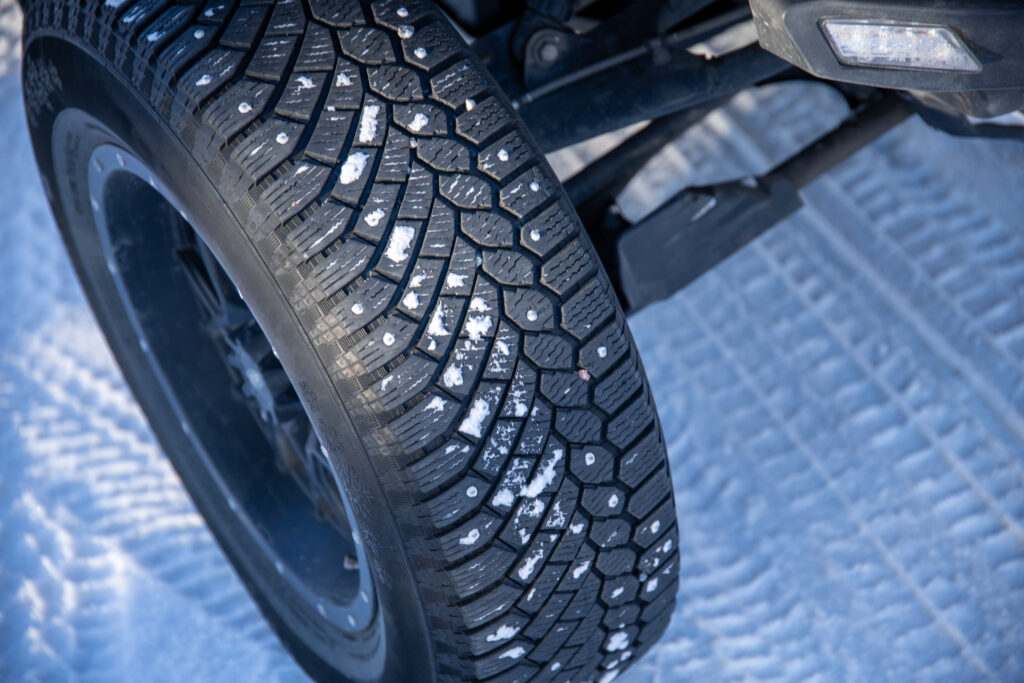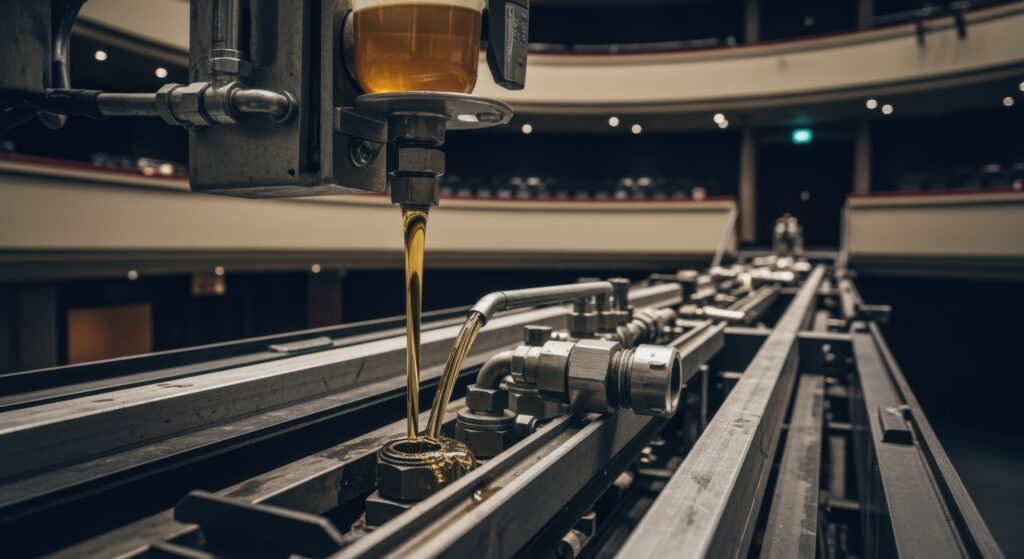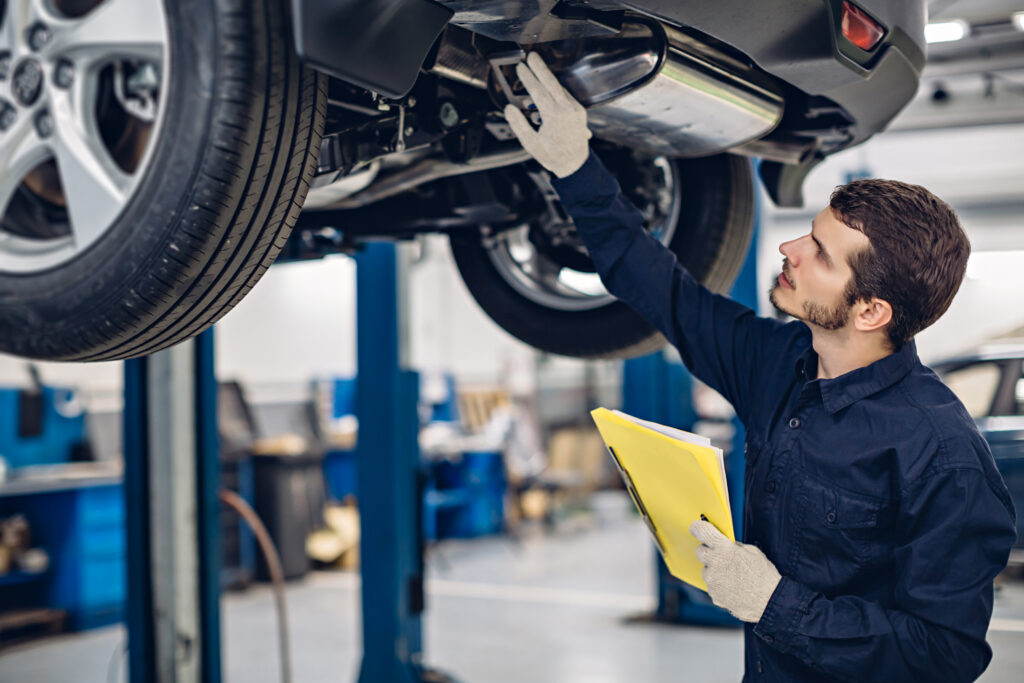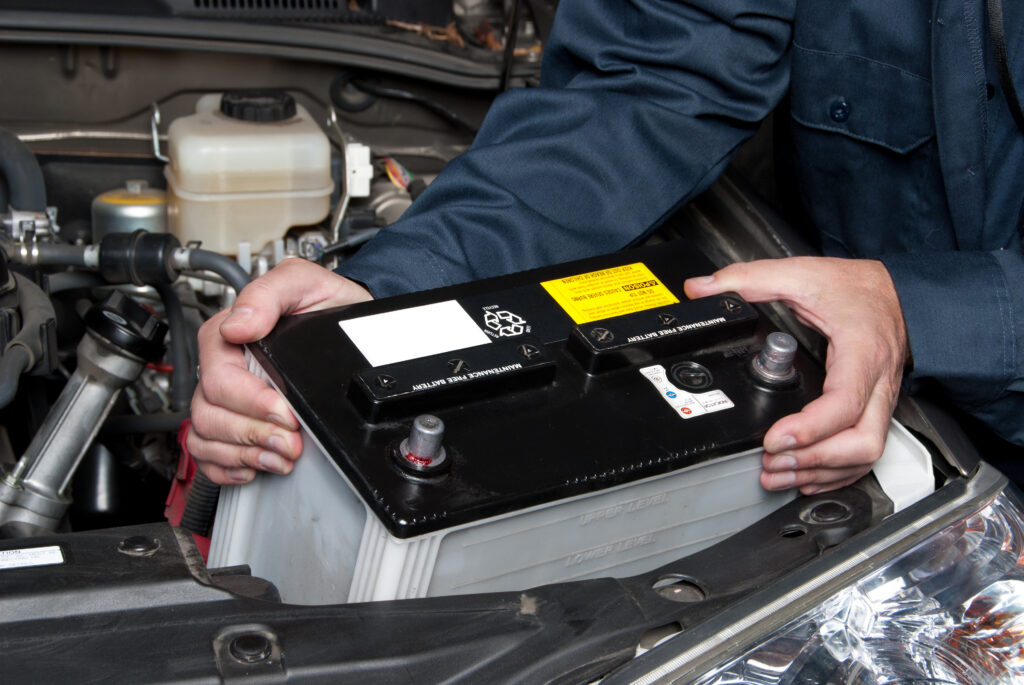Are you looking to buy a used–or “new-to-you”–car? If so, you probably already know that there are quite a few things you’ll need to think about, including potential auto repair. Here’s what to know!
Dealership or Private Party?
One of the first questions you’ll run into when buying a used car is whether to work with a dealership or purchase through a private party. Although a little auto repair can help bring a tired vehicle back to life, you probably don’t want to spend thousands just to get your new-to-you car on the road–so how do you make the right choice?
Here’s what to think about when deciding where to buy your used car:
Dealerships
There are all kinds of different used car dealerships to choose from. Some exclusively sell used cars; others sell new cars and “certified used vehicles,” usually a franchise dealership.
Used Car Dealerships
A used car dealership often isn’t directly linked to a certain manufacturer, which means this business can sell any make or model of vehicle. They don’t often provide repairs, certifications, or warranties, although a car that’s just a couple years old may still have warranties from its original sale. In some cases, this means a used car dealership can set lower prices because they don’t have to play by a specific manufacturer’s rules.
Franchise Dealerships
A franchise dealership is linked to one or more vehicle makes. For example, a GM dealer would likely focus on Chevy, GMC, Buick, and Cadillac vehicles, although they may occasionally sell vehicles outside these brands. Many of these used cars come with certifications and agreements that allow you to use on-site repair services. Franchise dealerships may charge more, but they’re qualified in ways other dealerships aren’t.
Private Parties
If you choose to buy from a private party, you won’t get the benefit of additional certifications or service agreements. Remember that a newer car may still have its original warranties, but the private party likely won’t offer any guarantees beyond that. Often, these sellers base prices on their individual research, which means costs may be lower–or much higher–than what you’d find at a dealership. Either way, it’s particularly important to make sure a private party offers all the correct paperwork and properly signs the vehicle over to you.
What to Consider Before you Buy
Once you’ve decided how you’d like to buy your new-to-you vehicle, it’s time to make sure you end up with the right ride. Here’s what to think about as you browse and analyze your options.
Maintenance History
One of the first things you should do is check whether a used car has been treated well throughout its lifetime. Did the previous owner or owners perform the appropriate proactive maintenance? For example, how often was the vehicle serviced and how many times was the oil changed?
Value
No matter where you’re buying your vehicle, it’s important to do your own research on its value. There are plenty of online resources that can help you find a realistic price range based on the car’s age, mileage, condition, features, and more. You can also find comparisons–similar vehicles for sale in the same area that might be priced lower, which can help you talk a seller down.
Inspections
Most dealerships and private parties allow you to take a vehicle to your favorite auto repair shop for a pre-sale inspection. This will help you find out whether there are any significant issues, whether there are any particular proactive maintenance tasks on the horizon, and what you should think about before purchasing a particular vehicle. Keep in mind that you pay for transportation and the inspection itself, so it’s smart to wait until you’re seriously considering a car.
Test Drives
A test drive is a great opportunity to see if you “click” with a particular vehicle, but it’s also a chance to see if you notice anything wrong. For example, you’ll want to test things such as:
- Brake speed
- Steering responsiveness
- Air conditioning
- Radio
- Seat controls
You should also pay attention to any smells and sounds you notice along the way, as a burning odor or a clinking sound can mean something’s wrong with the vehicle.
In conclusion, you have a lot to think about when choosing a used vehicle–so your best bet is to have an auto repair shop lined up to do an inspection before purchase.
Interested in buying a used car? Contact us today for an auto repair inspection!
